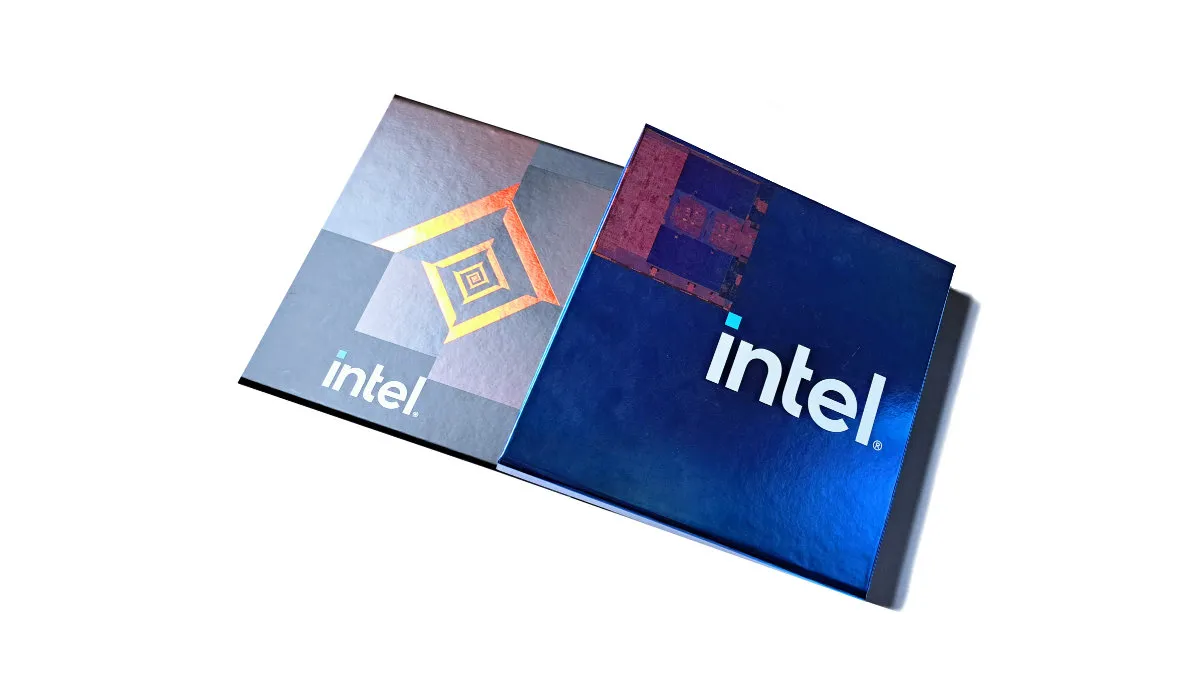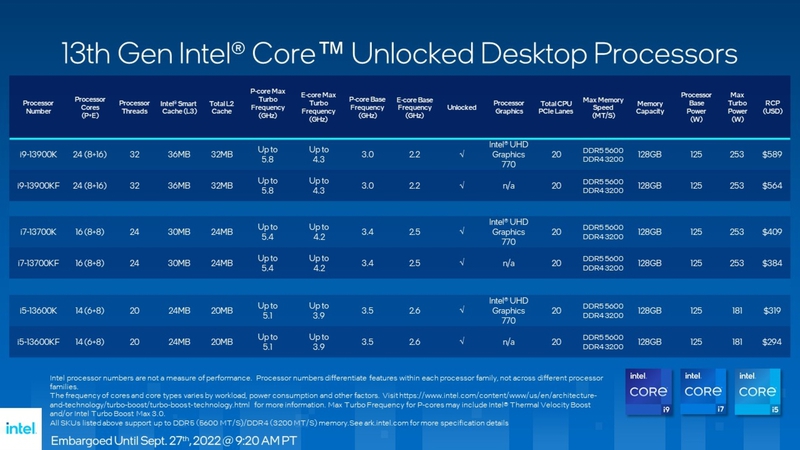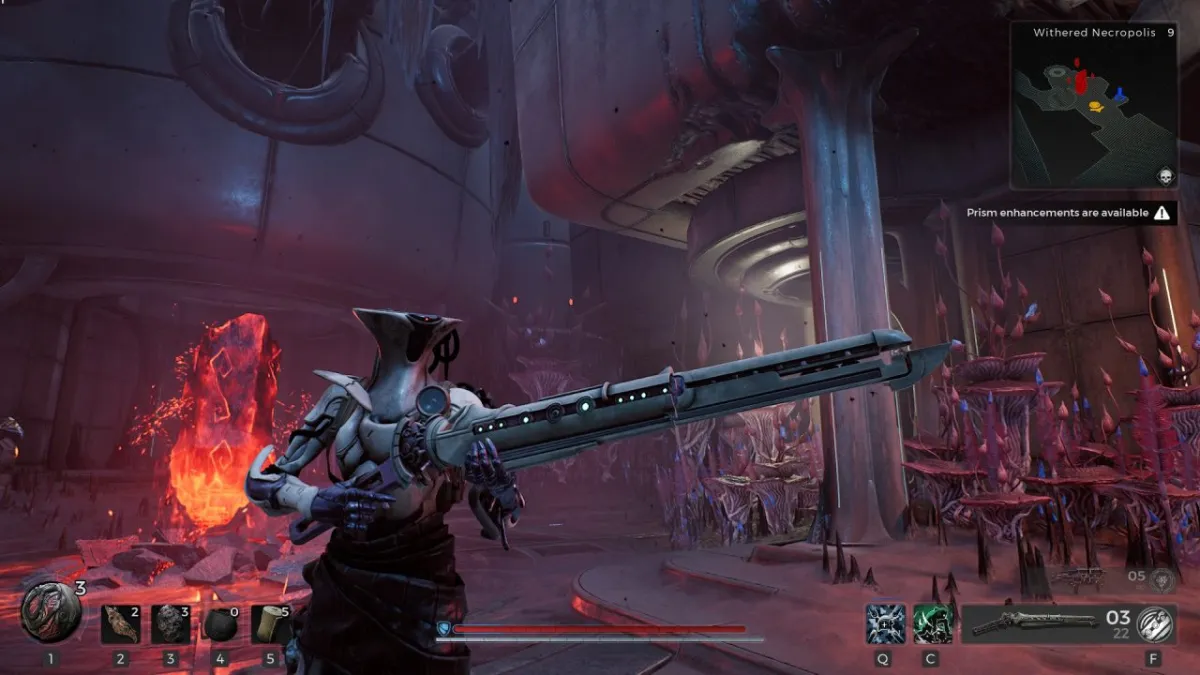We’ve wrapped up our extended gaming performance testing for Intel 13th gen Raptor Lake CPUs and now have more detailed info to share regarding the ins and outs of the architecture. The purpose of this piece is to provide Intel 12th gen versus 13th gen CPU comparisons along with some new benchmarks. This should help you out with your purchasing decision, whether that be to buy or hold off on a new Intel CPU.
We recommend reading our initial Intel i5-13600K and i5-13900K reviews before this piece. The reviews contain primers for each CPU, specs, test system notes, thermal testing, and power consumption metrics in addition to platform discussion and recommendations. This piece serves as an extension to the original reviews and includes our thoughts given more time to adjust settings, improve stability, and update the test bench from an Nvidia RTX 3070 Ti to an RTX 4080 graphics card.
You can find the benchmark comparisons further into this piece, but we’re first covering frequency overclocking and the resulting increased power consumption and CPU temperatures. Overclocking remains a popular talking point given the potential for higher framerates, and some of Intel Raptor Lake 13th gen CPUs have serious potential for it.
Intel Raptor Lake 13th gen overview
Raptor Lake is a similar architecture to Alder Lake, but it’s upgraded in a few ways. There are more little cores, much more L2 cache, higher IPC, and higher core clock speeds. On paper, it should have what’s needed to deliver higher framerates in most games over prior generation Intel CPUs.
In our original testing, we found stock Raptor CPUs often use similar power consumption to overclocked Alder Lake CPUs. This results in an average range between 90-145W of power consumption depending on the framerates you’re targeting. As a reminder, you can see detailed power consumption tests in our original reviews.
In some cases Raptor Lake actually uses less power than Alder Lake while outperforming it. This makes it a more power efficient architecture in high-end gaming, and Intel claims that efficiency improves further if you limit power consumption below the stock K Series P2 “full performance” levels. For clarification, this refers to the P2 Turbo max power limits of 253W for the 13900K and the 181W for the 13600K.
Power consumption quickly becomes far greater when you start overclocking Raptor Lake CPUs. Some games benefit directly from higher clock speeds, however, so you may want to do this to maximize your framerates.
- Overview
- Test bench updates and Raptor Lake overclocking
- Gaming performance and multi-tasking
- Conclusion







Published: Jan 20, 2023 8:30 PM UTC